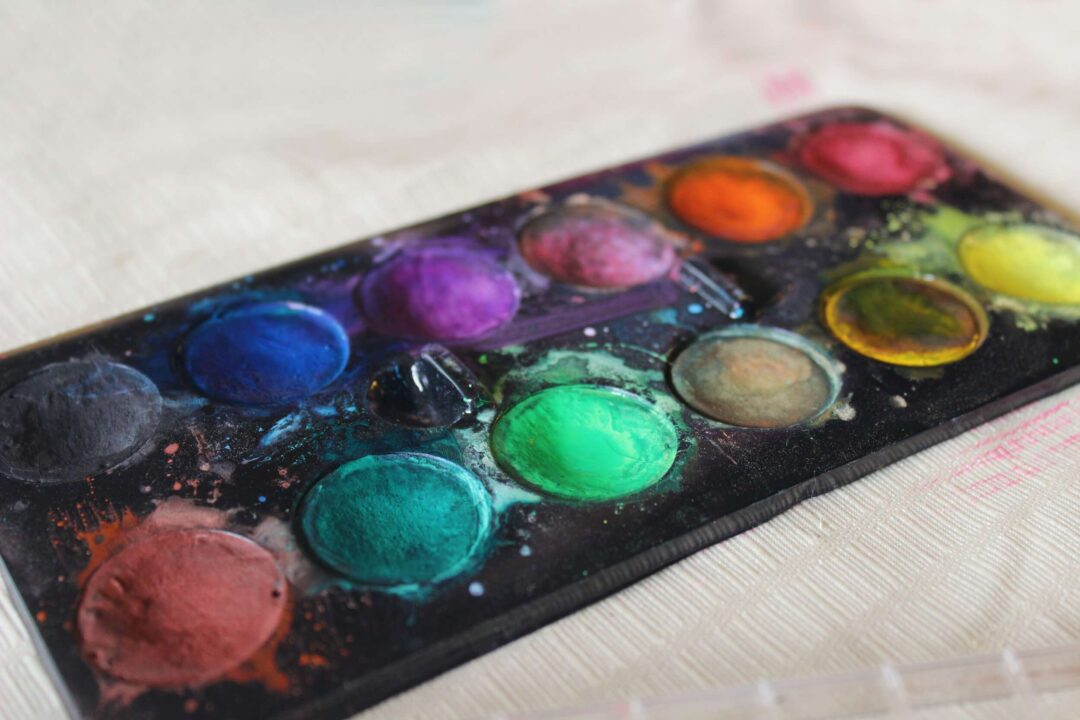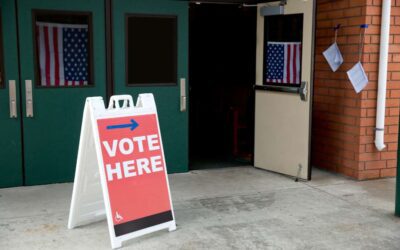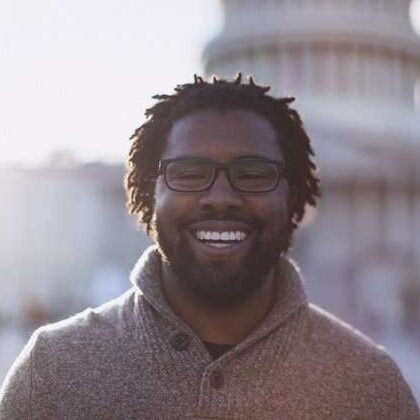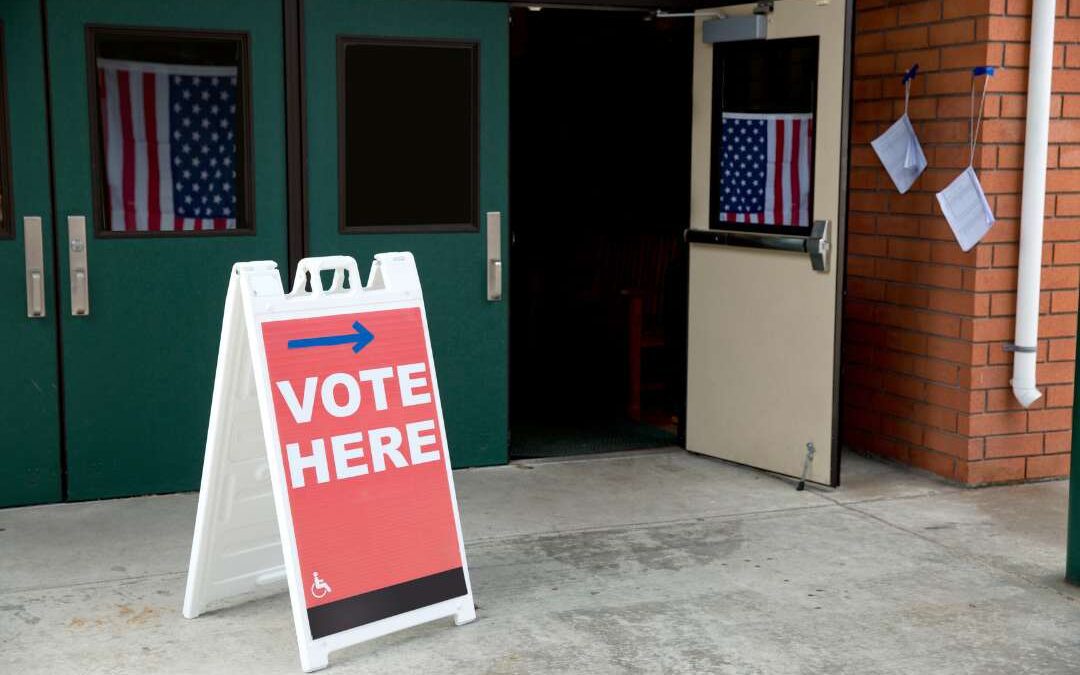When the issue of race comes up, it’s often in the context of a negative or heavy conversation. Tensions rise. Joy fades. The conversation limps on, if at all, as a conversation we have to deal with, not one we get to work through.
This outlook on race is a tragedy, though sadly, an understandable one.
Understand me—there is much to lament about race, and this is an appropriate response. But sorrow is not the final note for the Christian to sing; victory is. Christians are sorrowful but always rejoicing. Night comes, but morning follows—and with it, joy. You get the idea.
Friends, God has made us in different ways. Diversity was, is, and will be His idea! I understand because of the different ways people have abused that truth and added to it—and in so doing creating a satanic idea of race—we may want to minimize or ignore our differences altogether.
But should we throw out the joyful baby with the devilish racial bathwater? Will our joy be stolen on this matter permanently and completely? If we let the Devil define race, yes. And this is no surprise, for we know he steals, kills, and destroys. He divides.
But he doesn’t divide and conquer, and that’s because God has spoken.
Our dictionary, first and foremost, ought to be God’s Word. His Word is our marching order. His Word is a louder, better, and happier Word than our Enemy could ever utter, which is to say that what God has said and done about race should dictate our joy.
Friends, we should give God praise and glory for His good creation, for the kaleidoscope of skin colors, for the tribes, ethnicities and the wonderful God they reflect. To downplay our differences or ignore relationships and communities in which we experience them is to rob ourselves of joy. God has seen fit to make people different colors. Why would we see fit to downplay, or bleach altogether, these wonderful differences?
The greatest commandment is to love God with all with all your heart and with all your soul and with all your mind (Matthew. 22:37). God’s goodness in making us as He has is one reason we can—and should—love and glorify him more. The second greatest commandment is to love our neighbor (Matthew. 22:39). We should enjoy and marvel at our neighbor because they are fearfully and wonderfully made. We should strive to serve those who are different than us, because even sinners love those who naturally love them (Luke 6:32). We should seek unity and reconciliation with our neighbor, because it’s a happy thing when brothers dwell in unity (Psalm 133:1); it’s a happy thing when our unity stupefies the world and testifies to Jesus’ coming (John 13:35; 17:21; Ephesians 1:15).
So, can you join with the psalmist, and say: “Wonderful are your works; my soul knows it very well” (Psalm 139:14). I pray you’ll be able to as you consider the goodness of race—that is, race as God defines it.
Prayer Requests:
- Pray that Christians would work hard to biblically understand race and its implications.
- Pray that your church would be marked by a unity that stupefies the world.
- Pray that Christians would be marked by joyful perseverance as we engage difficult topics.
- Pray that Christians would sound more like Jesus, and less like the Devil, when we speak about race.











